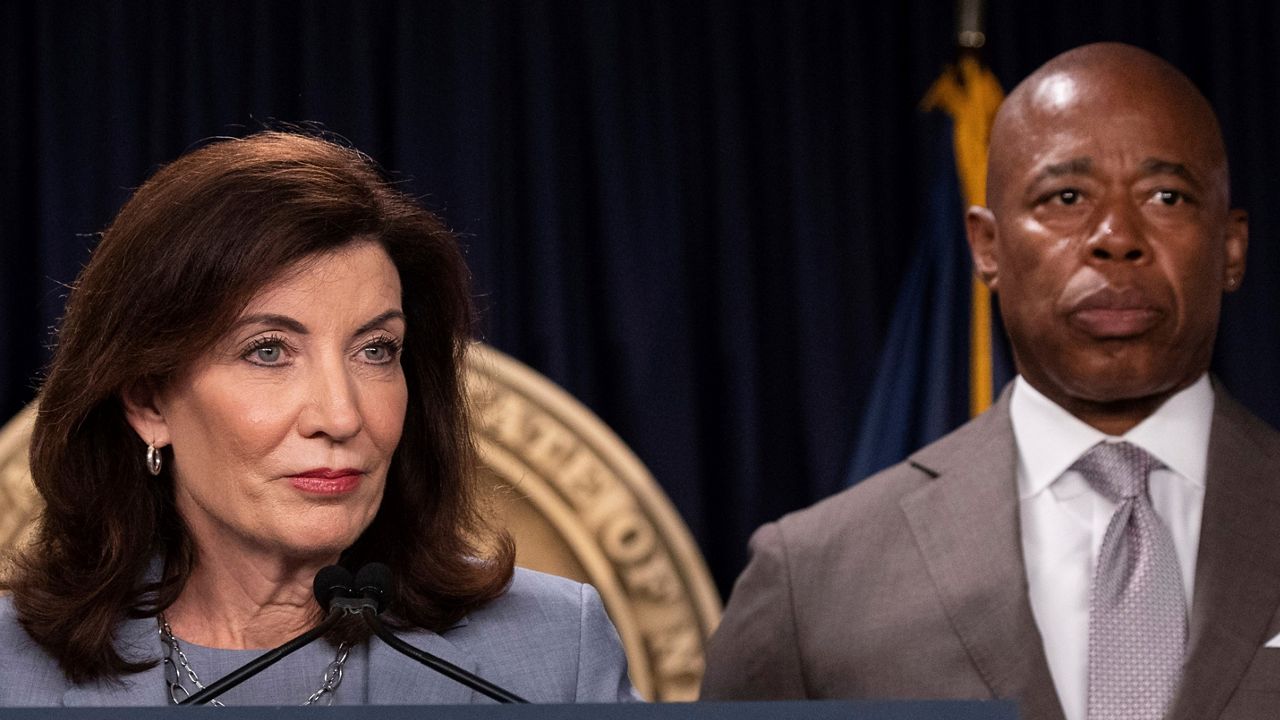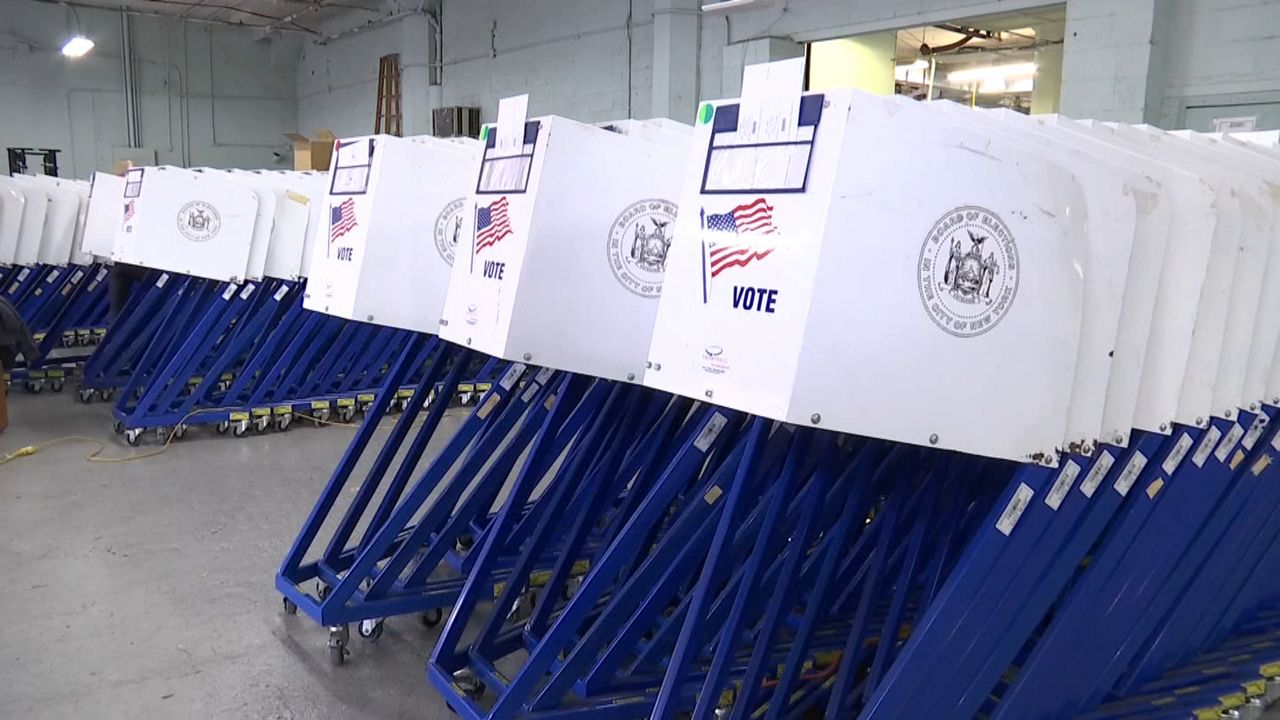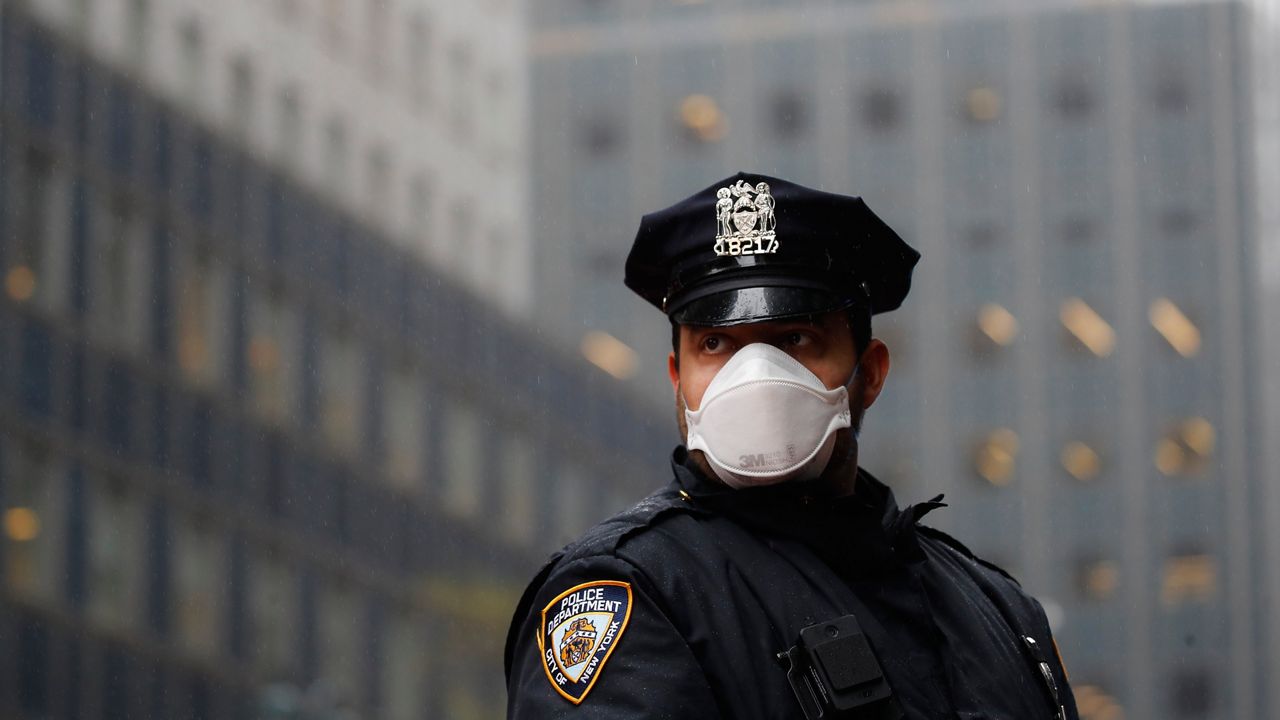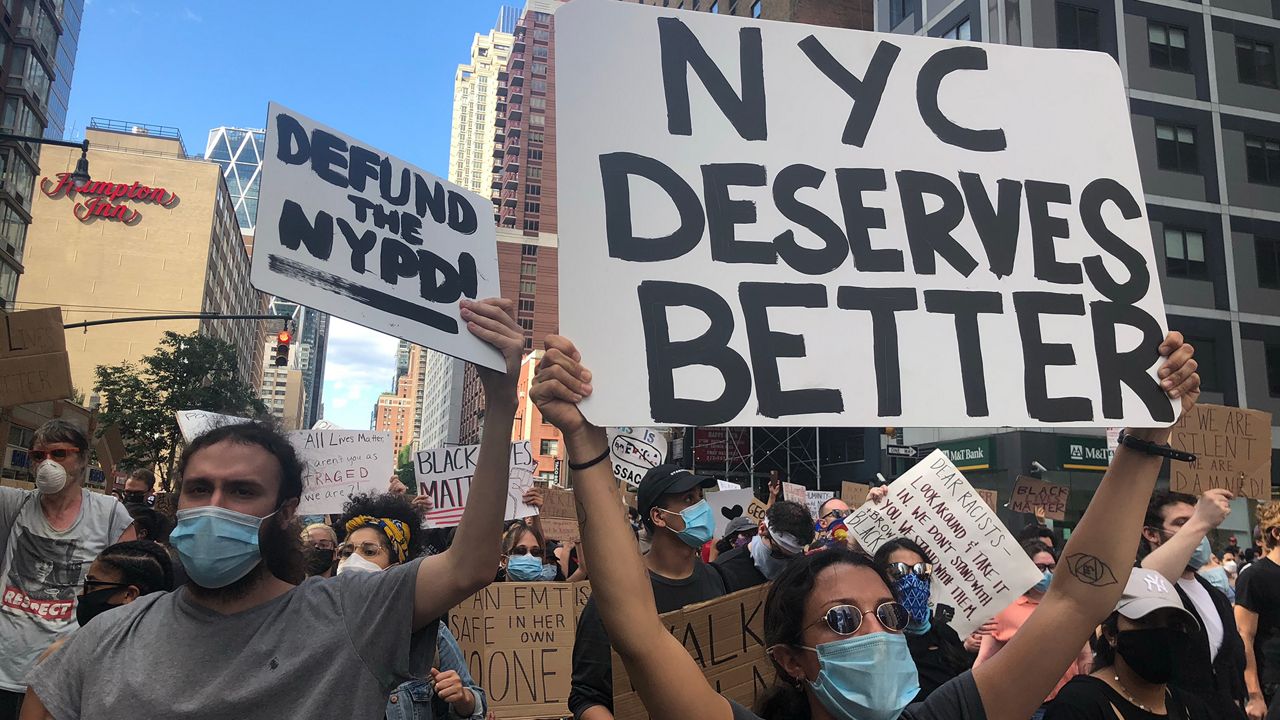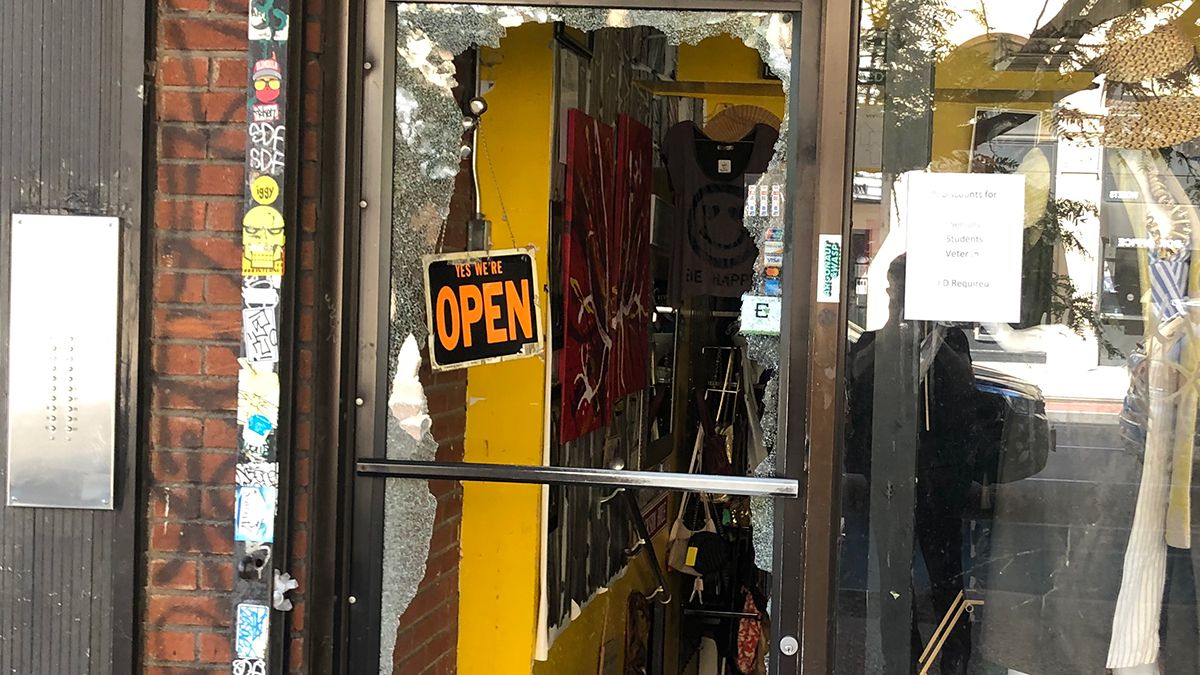"Because something is happening here but you don't know what it is. Do you, Mr. Jones?" — Bob Dylan
With football season looming, New York Democrats are busy practicing their favorite formation: a circular firing squad.
Trying to tackle the migrant crisis, the mayor is calling for more help from the governor and the president. The governor says she's provided plenty of help — but she also wants more help from the president. The president doesn't want to talk about the mess, while his Department of Homeland Security secretary, Alejandro Mayorkas, is now criticizing the city and state's response.
Meanwhile, Republicans are just angry.
Happy August, everyone!
If COVID-19 has taught us anything (and I'm not sure that it has), it's to prepare for the worst and hope for the best. But the flat-footed response from many New York officials shows that more policy makers might want to try playing SimCity in their spare time instead of Wordle.
Making things more challenging is that New York's welcome wagon seems to be stuck in reverse. Whatever neighborhood is tapped to receive migrants almost instantly gets a pop-up protest from some residents who apparently don't want anyone asking for political asylum to be living near them, even if it's only women and children.
It's not surprising that New York voters are getting angry with the talk of billions (that's not a typo) of dollars needed to help the migrants. But the lack of a unified message from Joe Biden, Kathy Hochul and Eric Adams is making matters far worse.
Should Americans be angry that the migrants are here? Happy? At least with former President Donald Trump, you knew what he wanted to do (even if he didn't really do it): Build a wall.
The last president to talk loudly about substantive immigration reform was George W. Bush, and then he was stiff-armed by members of his own party in 2007. Since then, many Republicans have largely embraced the Trump message, while the Democrats generally have avoided having one.
Meanwhile, the migrants are making New York an epicenter of what could become a potent political issue in next year's elections. While it's always dangerous to predict what will drive voters to the ballot box in races more than 14 months from now, it's easy to imagine what the attack advertisements could look like.
Like nature, politics abhors a vacuum, allowing others to write their own narrative. The president, governor and mayor might be wise to draw up another play beyond a punt.




